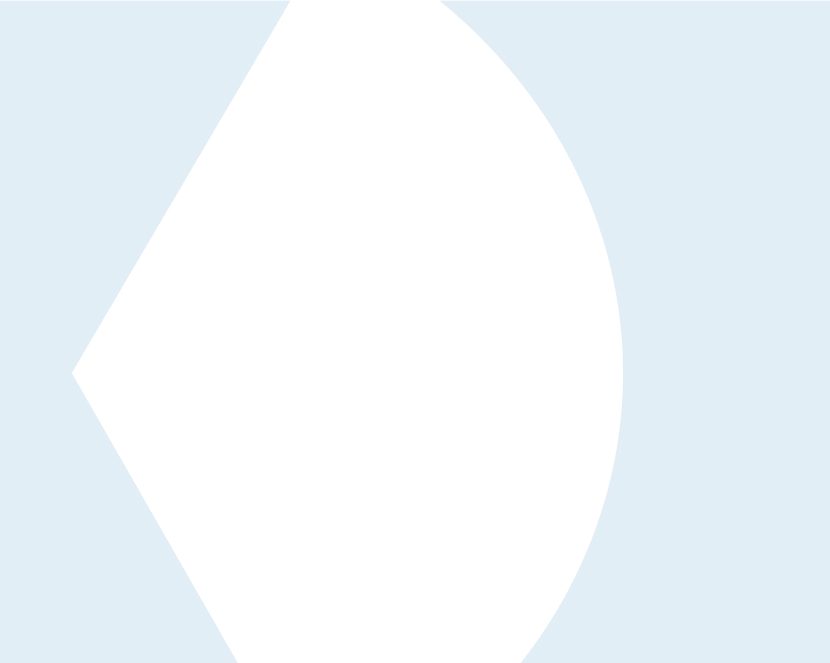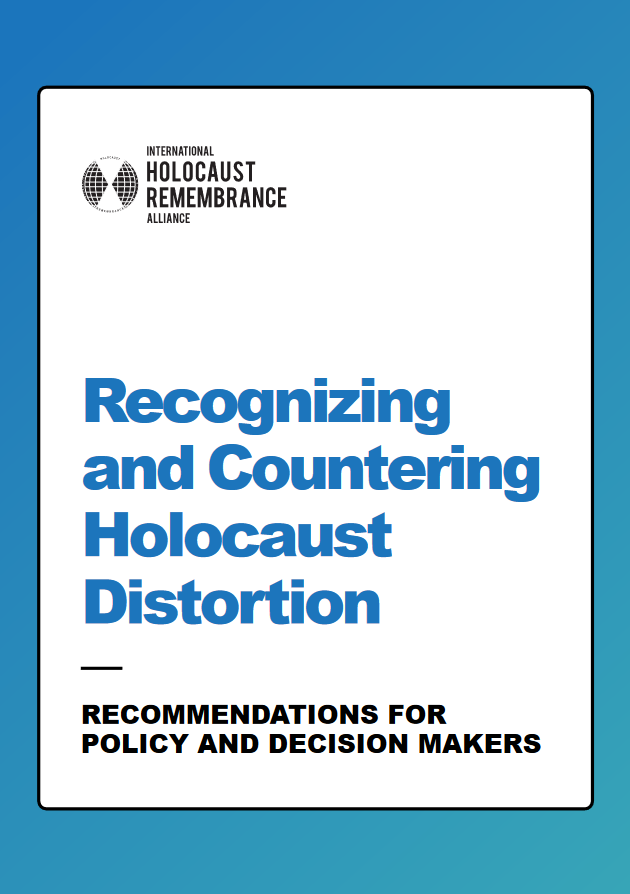Countering Holocaust distortion
An in-depth look at the subject of Holocaust distortion: what it is, why it’s dangerous, and how we can counter it.

An in-depth look at the subject of Holocaust distortion: what it is, why it’s dangerous, and how we can counter it.
There has been a shocking increase in efforts to minimize the impact of the Holocaust and downplay the crimes of the Nazi regime and its collaborators. Holocaust distortion is inching towards the mainstream, eroding our understanding of the historical truth of the Holocaust, insulting the victims, and fueling antisemitism.
Holocaust denial and distortion are as old as the Holocaust itself, but in recent years lies and distortion have become more widespread and more dangerous. Holocaust distortion is on the rise, alongside growing nationalism, and the mainstreaming of right-wing ideologies.
Recognizing the urgency of this issue, the German Presidency of the IHRA launched the Global Task Force Against Holocaust Distortion in 2020. This task force brings together like-minded governmental and non-governmental bodies to identify, develop, and promote good practices on countering distortion.
Distortion of the Holocaust is rhetoric, written work, or other media that excuses, minimizes, or misrepresents the known historical record. This can be intentional or unintentional. However, all distortion, whether intentional or not, feeds into antisemitic narratives, and can lead to more violent forms of antisemitism.
Distortion of the Holocaust comes from a variety of sources and is not unique to one particular worldview. It can be found on both the right and left of the political spectrum, across religious and ethnic lines, and is also informed, in part, by a broader culture of denialism in present-day discourse.
“Holocaust deniers seek to make antisemitism acceptable, to provide legitimacy for Nazism and fascism, to claim that the Holocaust was a product of the Jewish imagination, and so on,” says Robert Williams, Advisor to the IHRA and former Chair of the IHRA’s Committee on Antisemitism and Holocaust Denial. The eventual goal of Holocaust denial is to recast history to erase the legacy and reality of the genocide of the Jews and related atrocities by the Nazis and their collaborators.
Holocaust distortion, on the other hand, can be much more subtle, and therefore easy to overlook. It doesn’t question whether the Holocaust happened; it rather excuses, misrepresents, or minimizes the history.
Although distortion often shares the same antisemitic goals as denial, it can be harder to identify the motives behind it, as there are some forms of distortion that stem from ignorance rather than antisemitism. Regardless of the motivation, however, distortion’s effect is always antisemitic and reinforces reinforces related biases. It opens the door to outright Holocaust denial or other forms of pernicious, dangerous, and violent antisemitism.
Holocaust distortion is a bridge between mainstream and radical ideas. It encourages people to question the impact of the Holocaust, its established facts, and the importance of its lessons, like the value of democracy and pluralistic, open societies.
In this sense, as retired IHRA Honorary Chairman Yehuda Bauer notes, “a half truth is worse than a full lie.”
“Distortion of the Holocaust is found in all kinds of places. From facts twisted on the internet, to opportunistic statements by politicians, misleading exhibitions at museums, and claims, like that of the founder of Extinction Rebellion, Roger Hallam, who referred to the Holocaust as ‘just another f***ery in human history.’ Each of these forms must be challenged, and strategies for countering them must be developed, for societies and individuals to fulfill their responsibility to commemorate the victims,” says former IHRA Chair Ambassador Michaela Küchler.
IHRA experts have identified ten main forms of Holocaust distortion:
These points are taken from our our publication Recognizing and Countering Holocaust Distortion: Recommendations for Policy and Decision Makers



Read the full text of the IHRA’s non-legally binding working definition of Holocaust denial and distortion and learn more about this important tool with the FAQs.
Over the past decade, as social media platforms have spurred polarizing echo chambers and as dangerous forms of nationalism have surged, Holocaust distortion has intensified. With tech companies ill-equipped to respond effectively to distortion, the digital world has made it easier for Holocaust distortion to be spread through mis- and disinformation.
Holocaust distortion received a new push during the COVID-19 pandemic, particularly through the misuse of Holocaust imagery at demonstrations against various responses to the pandemic, as well as through the generation of new conspiracy myths. By twisting the understanding of what led to the Holocaust, this form of distortion engages strongly with other forms of denialism, such as anti-science movements or anti-vaccine movements, as well as conspiracy myths in general.
These points are taken from our publication Understanding Holocaust Distortion: Contexts, Influences and Examples.
Holocaust distortion is a critical threat to Holocaust memory and to fostering a world without genocide. It is insulting to the victims and trivializes this history, producing a warped understanding of the Holocaust and the impact of antisemitism.
“The effect of Holocaust distortion is that it pushes the boundaries of what can be said,” says Juliane Wetzel, Chair of the Committee on Antisemitism and Holocaust Denial. “The danger is that it becomes all too easy for antisemitic stereotypes to creep into the mainstream.”
By desensitizing people to hatred and extremist ways of thinking, distortion paves the way for Holocaust denial, conspiracy thinking, violent antisemitism, and dangerous forms of nationalism. History has taught us what can happen when these are normalized.
We are better equipped than ever before to take a stand against Holocaust distortion. Policymakers and organizations around the world are increasingly sensitized to this issue and are tackling it in action plans and strategies against antisemitism, filling a major gap.
The IHRA has identified four areas where action is desperately needed:
Learn more about how to counter distortion with our Policy Recommendations.



The first comprehensive guide on combating Holocaust distortion.
Watch this short video to find out more.
By signing up to the IHRA newsletter, you agree to our Privacy Policy